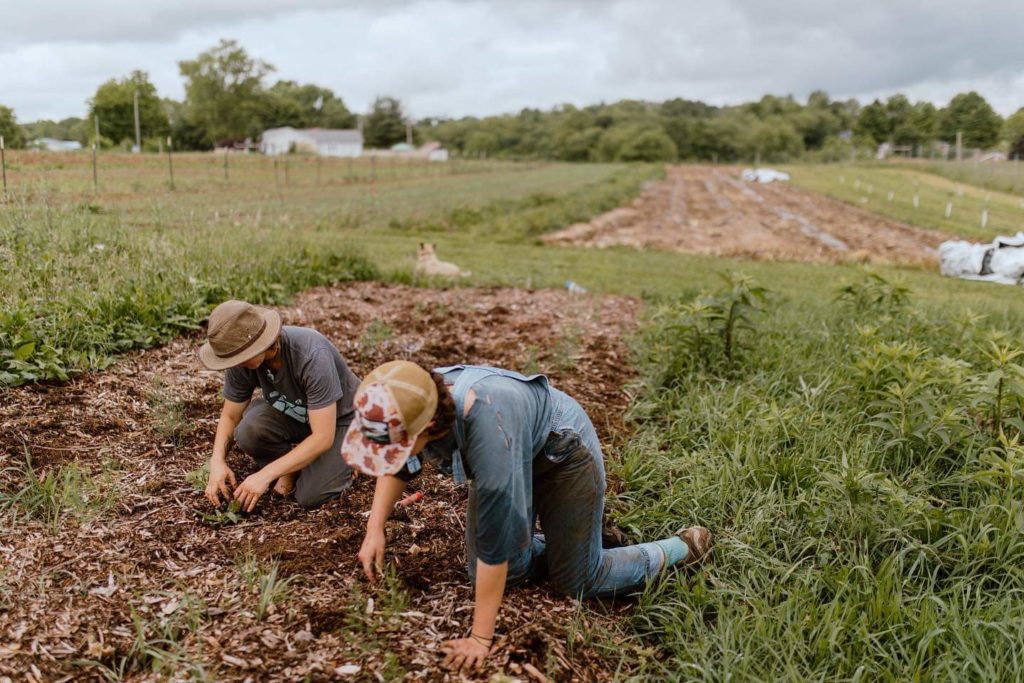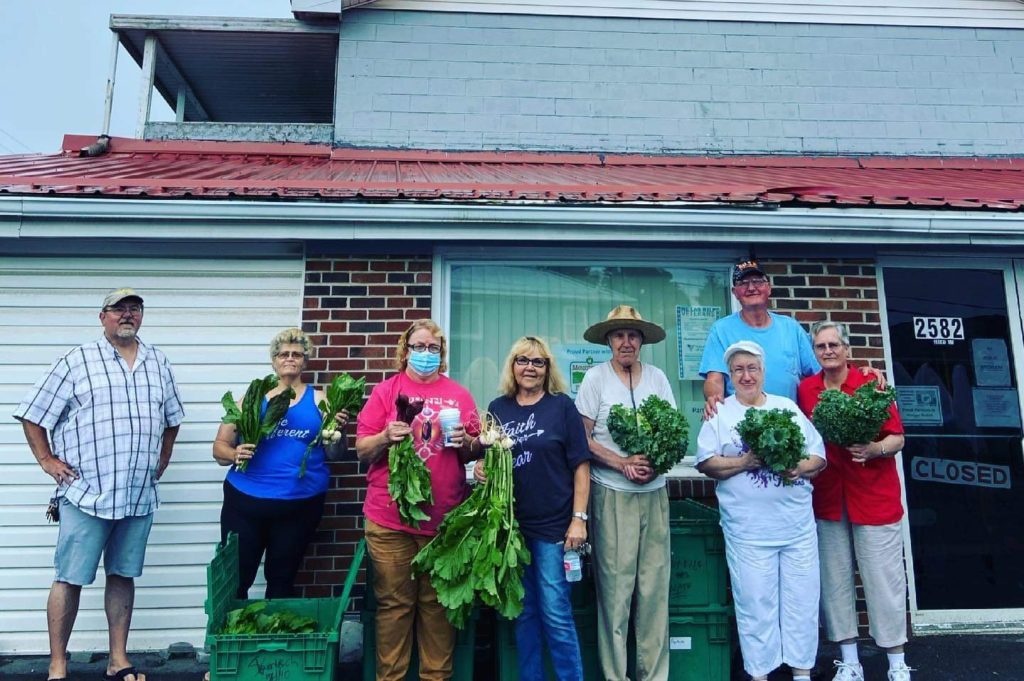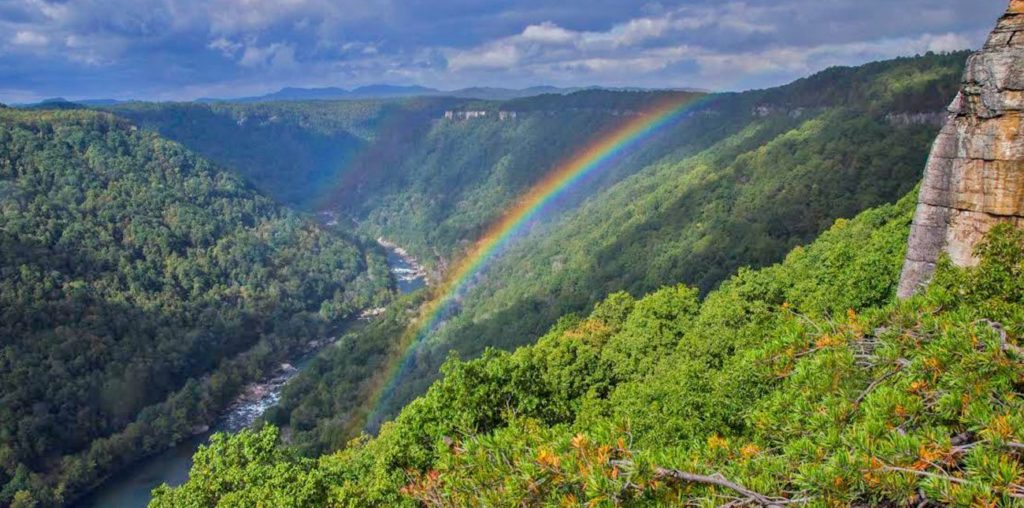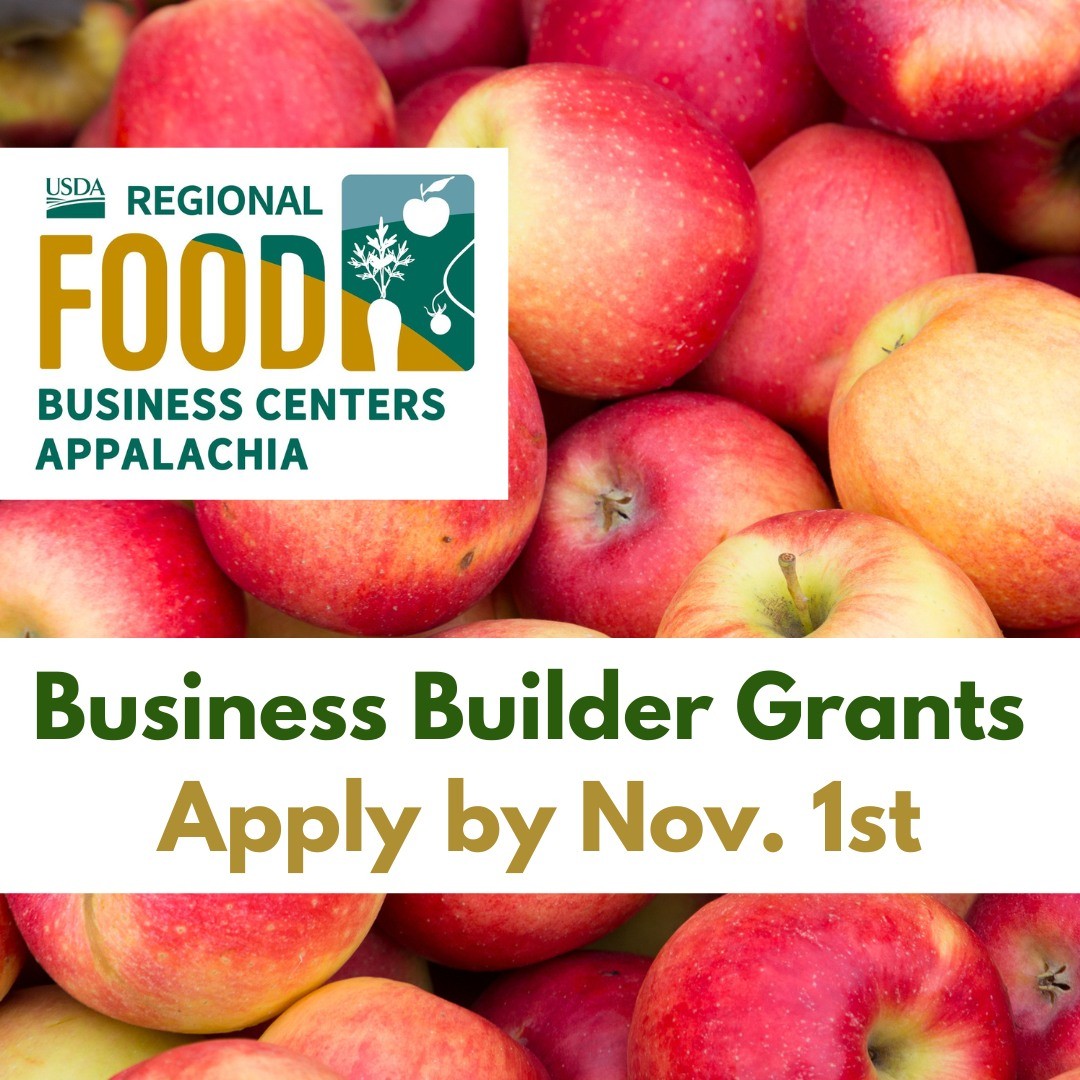A Q&A with Adam Hodges, founding board member of the West Virginia Agrarian Commons, community and economic development extension agent for Fayette County, and author of Destination: Beautification – A Community Resource Guide, released in 2015.

What drew you to the Agrarian Commons? How does the Commons model tie in to your vision for agriculture in West Virginia?
Having just ended nine years as chairman of the Fayette County Farmland Protection Board, I believe I have a somewhat unique perspective on agricultural preservation in West Virginia. I have spent the last 11 years as a community and economic development extension agent with West Virginia State University Extension Service. I believe wholeheartedly that agricultural production is one of the best forms of economic development because what is produced sustains life. Without food, life on Earth would cease to exist, especially the human race who live in a specialized society where we no longer have to spend the majority of every day hunting and gathering to survive. In fact, most people wouldn’t even know where to start. Without food producers, our society collapses.
West Virginia has never had agricultural producers on the massive scale we see in the Midwest. Most West Virginia farmers are small farmers who are forced to work off-farm to support their operation. With real estate values as they currently exist, even the very low prices of West Virginia create a barrier for farmers to have land to farm unless their land was purchased by previous generations. The West Virginia Agrarian Commons can provide land access to those who wish to take on the noble work of producing our nation’s food.
Fayette County has a unique farmland protection program. You sit on the Farmland Protection Board that voted to protect Whitlock Farm, where the woman-led New Roots Community Farm is buildin ga sustainable, community-centered production farm. What makes this farmland protection program special?
At the end of the day all the members of the Fayette County Farmland Protection Board I have had the pleasure of serving with over the past 11 years believe in agriculture and preserving it for future generations. It is really amazing to watch political ideologies and other differences between people fall away against that issue. With that firmly held belief at its core, along with a deep and real responsibility to see that the public money we receive is spent for its best value to the public and the future of the county. No matter what our differences about any other details, every member stands strongly behind these principles.
The Whitlock Farm was absolutely an example where a farm was at risk of being sold, divided and developed. The Board decided that it was important enough to protect, so they attended the auction and bid to purchase the farm in order to protect it. To some degree, it was the dog that caught the car because once the purchase was made, the board had to figure out how to put an easement on it and sell the land. Some members felt that since the land itself was in public hands, it offered an opportunity to allow the farm to develop into something with more public value than just a production farm. That was how the first whispers of what became New Roots Community Farm happened. It was the idea that it could serve the future farming community as an aggregation point and learning center.

In spring 2021, a legislator tried to overturn the farmland protection program, which would have prevented the West Virginia Agrarian Commons from buying this farmland. Why the opposition to protecting farmland? What are the biggest threats to protecting this and other farmland in West Virginia?
Unfortunately there is a misconception about what the New Roots farm is doing and what their purpose is. Some local politicians have convinced themselves that New Roots is competing with local farmers. While it is true they are selling to the public to sustain their operations, they are also providing cold storage and an aggregation point to allow local farmers to move their products to bigger markets. In addition, New Roots Community Farm is developing a wide variety of agricultural methods on-site in order to help teach other farmers. The purpose is to build a stronger farm economy in Fayette County, not compete with it.
What role will the West Virginia Agrarian Commons play in protecting this farmland?
The Agrarian Commons will become the actual property owner. Even though the West Virginia Agrarian Commons’ purpose is agriculture, there is a second layer of protection on the property because the Fayette County Farmland Protection Board will hold a conservation easement as well. The West Virginia Agrarian Commons will lease the property to New Roots Farm to continue to develop their operations.
How much time do we have to raise the funds to purchase the land, and what happens if we aren’t able to raise the funds by then?
The Fayette County Farmland Protection Board has not given a deadline, but there are forces at play who would like to see this entire project collapse, as evidenced by the bill introduced at our state legislature. I fear if we are not successful in raising funds to purchase this property before the end of the year, we may see more legal resistance. It would be a shame for all these efforts from everyone to be wiped away.
What do you think will happen to the farmland if we are unable to preserve it as a piece of land for food production?
I believed when the farm was purchased at auction and still believe that if we did not buy it to preserve, it would have been bought and divided into lots and sold. That soil would be growing grass for lawns, not food for our tables.
What do you think the creation of the West Virginia Agrarian Commons will do to influence the local food economy that is starting to take hold in West Virginia?
I am excited about taking this state-wide organization that grew out of Fayette County and introducing it around the state. While we have some robust county farmland protection boards, we do have county commissions who question the validity of what they are doing. This happens when thousands of public dollars are spent to place easements on property that then lays fallow. Those of us with the 100-500 year vision know that it is still important and will be used in future, but in a poor county it can be seen as wasteful. The West Virginia Agrarian Commons has the potential to ease that heartburn by partnering to purchase land that has been conserved and lease it out to make sure there is active agriculture on site. It is a perfect partnership that is needed in our state.
Why should readers support the West Virginia Agrarian Commons?
As our world continues to cope with climate change, we are starting to see traditional agricultural areas changing in ways that would make agriculture difficult. Every study I see seems like West Virginia will maintain and even improve its ability to produce agriculture. It is a bit of a secret and a fact that West Virginia’s greatest resource is not coal or timber, it is water. West Virginia has vast volumes of water while other areas see drought. These are all reasons we need to invest in preserving and growing agriculture in West Virginia. It may be where your children or grandchildren get their food in the future.

Born and raised in Huntington, West Virginia, Adam attended Marshall University, receiving a BFA in sculpture with a minor in history in 1995 and a master’s in painting in 2001. He went on to receive an MFA in painting and printmaking from Western Michigan University, after which he returned to West Virginia to raise his family. In 2006, he was appointed State Museum Director by then Governor Manchin and oversaw the 17.6 million dollar renovation of the State Museum at the Culture Center. As State Museum Director, he also oversaw Jenkins Plantation, Independence Hall, Grave Creek Mound Archaeological complex, Camp Washington-Carver, and Museum in the Park at Chief Logan State Park. In 2010, he was hired by West Virginia State University as a Community and Economic Development Extension Agent for Fayette County. He is a founding board member of the West Virginia Agrarian Commons, Vice-Chair of the Fayette County Solid Waste Authority, Vice-President of the Mountain State Trail Alliance, and Secretary-Elect of the Joint Council of Extension Professionals. He is author of Destination: Beautification – A Community Resource Guide, released in 2015. He currently lives and works in Oak Hill, West Virginia.



